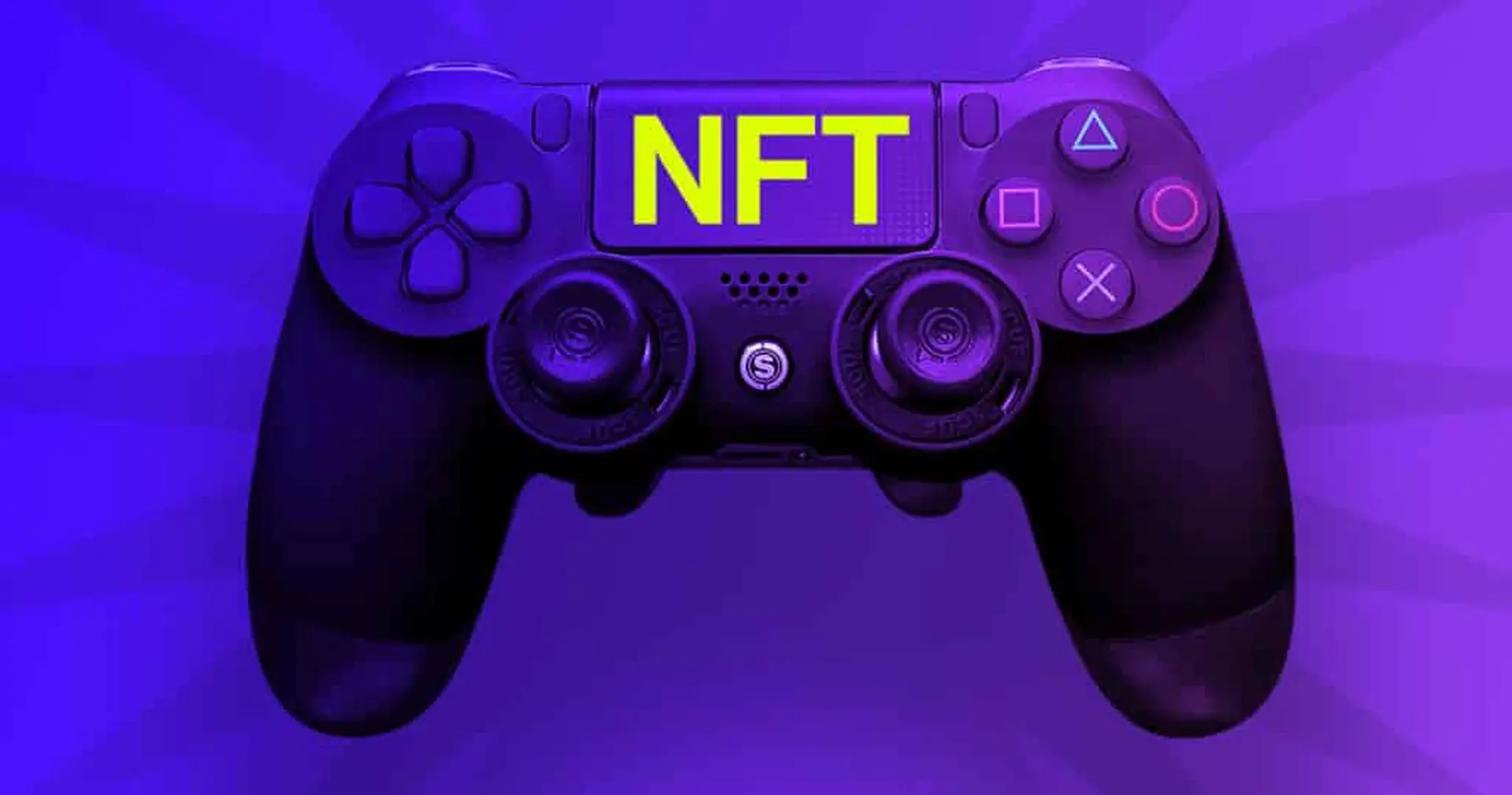With the emergence of NFTs in the video game scene, as we have previously covered NFTs impact in video game market, with it we have seen the rapid rise of play-to-earn video games. The premise of play-to-earn gaming is a simple one, it’s a system wherein gaming grind would be rewarded with real cash, or items with a cash value like NFTs, or even crypto-currency. Play-to-earn games take many different forms, a lot of them are mobile based game like Sky Mavis’ Axie Infinity, whereas some are already branching out into PC formats, such as The Sandbox Game, described on their website as ‘a virtual Metaverse where players can play, build, own, and monetize their virtual experiences’.
Whilst these games have their differences, they are all designed with one thing at their core – giving players the ability to monetize their gaming experience and earn money through playing. In this article we will look at the play-to-earn genre and the controversies surrounding it and forecast the developments we will see in the play-to-earn genre in 2022 and beyond.
What are Play-to-Earn games?
To put it simply, play-to-earn games are games that allow players to monetize their gaming experience, rewarding players with tradeable in-game items, NFTs or crypto-currency. The genre itself is still relatively new, so just how profitable these types of game will be is still a mystery, but it certainly does offer up a fresh dynamic in the world of gaming. Until now video game developers and publishers have held all the cards when it comes to making money from video games, but to many players the play-to-earn genre is offering them a whole new way to approach gaming, and a model that allows them to make real money from their hobby.
As mentioned above, there are already play-to-earn games that are making a mark on the gaming industry, with Axie Infinity eclipsing 2 million daily active users in December 2021. Many play-to-earn games provide multiple ways for users to earn money when playing, with crypto-currency rewards and NFTs. Most of these games have their own crypt-currency attached to them, which is one reason that some players have drawbacks when it comes to play-to-earn games.

Crypto Coins and NFTs In Gaming
So why do some players think it’s a drawback that many play-to-earn games are centred around rewarding players with their own crypto-currency and NFTs? One reason for this is that crypto and NFT markets can be largely unpredictable, meaning that a player’s earnings from a game could be worth thousands of dollars one day and be worthless the next. Of course, this would be a very extreme case, but the point still stands that almost all play-to-earn games do not allow players to make traditional cash from playing games, but instead tradeable rewards with a cash value.
This model requires players to buy and sell items at the best times in order to maximise their earnings. To some players this presents itself as an opportunity to make serious money, and many will believe that they will bel able to read the markets and will know when the best time to sell their items or trade the currency will be. However, this is of course wishful thinking. The reality is that it will be a select few that will ever be able to buy, sell and trade items at the right time and make the most money possible. Whilst this is not a problem for many players who instead see play-to-earn games as somewhat of a lottery that might come good for them, for some players this aspect to play-to-earn gaming can be a drawback.
Another reservation that some players have with play-to-earn games is the mere fact that they will always be developed and produced to best benefit the developers rather than the players. Whilst play-to-earn games do offer a viable way for players to potentially make some money whilst gaming, it of course will still be the developers and publishers who will benefit the most from the success of their games. If a games crypto coin spikes massively players will be overjoyed, but it would still be the video game developers and publishers who hold more of the coin that would benefit the most. But the real question is – is this an issue?
The fact of the matter is, games have always been a business for developers and publishers and a hobby for gamers, so it shouldn’t come as a surprise that play-to-earn games aren’t simply a means for gamers to make money, but for gaming companies to make money too.
What Next?
For the coming year we can certainly expect more and more play-to-earn games to skyrocket as players seek out new ways to make money from their hobby and attempt to capitalise on the rapid growth of the NFT market or cling on to the next crypto coin that goes to the moon.
We can also expect to see some AAA titles to foray into the world of play-to-earn, with tradeable in-game item marketplaces expected to become a major player in a lot of games, with major companies such as EA, Ubisoft, Square Enix and Take-Two all expressing interest in NFTs and the play-to-earn genre. Whether you are something of a sceptic when it comes to play-to-earn, or a budding NFT trader eager to get your hands on the latest and greatest tradeable items, we can expect to see the play-to-earn genre grow throughout this year, as the genre finds its feet and solidifies itself as a viable business model for gaming companies.
Want to hear how The Game Marketer can help you to market your video game? Drop us a message.



